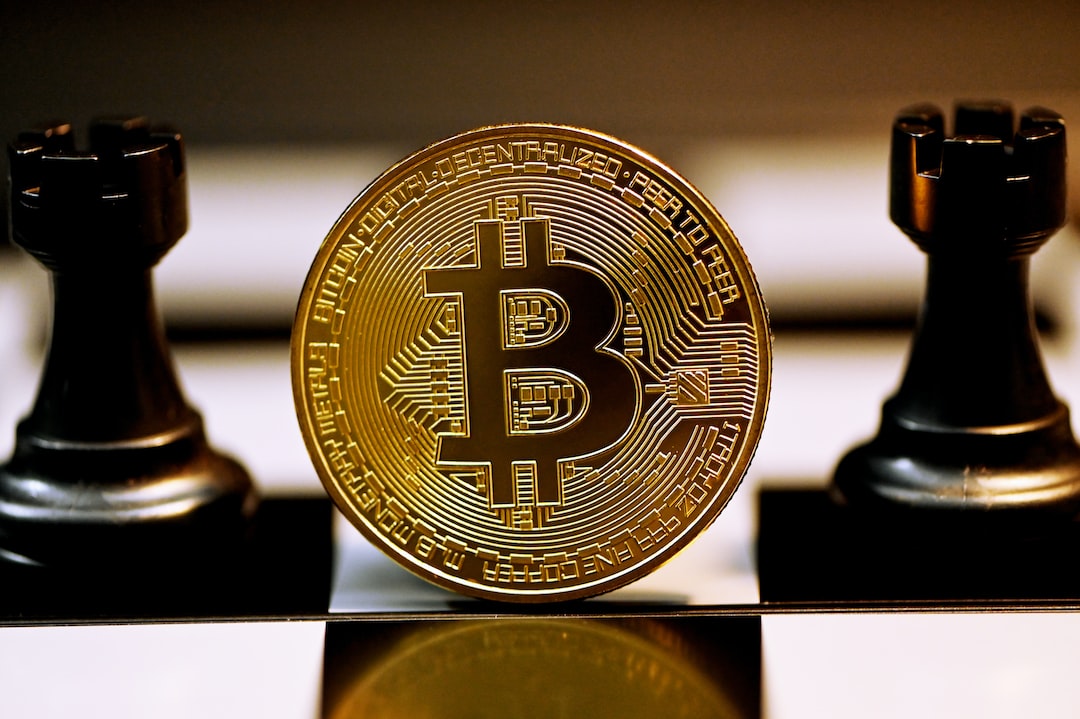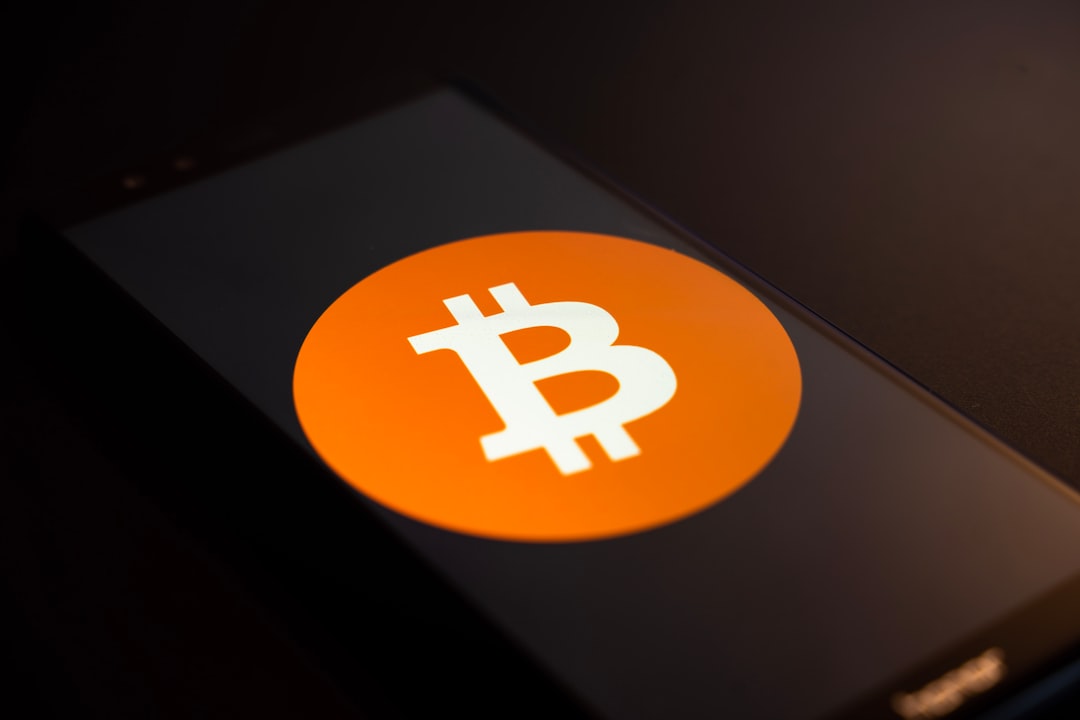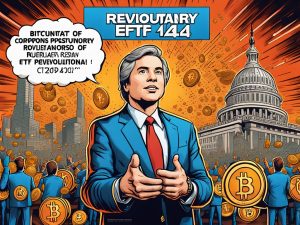The Ethereum Community: How Decentralization Fuels Innovation and Collaboration
Welcome to the world of cryptocurrency, where innovation and collaboration thrive. In this article, we will explore the Ethereum community and how its decentralized nature is driving groundbreaking advancements in the blockchain industry. Whether you are a seasoned crypto enthusiast or new to the game, this article will provide you with valuable insights into the power of Ethereum and why it has become a cornerstone of the digital revolution.
What is Ethereum?
Ethereum is an open-source blockchain platform that enables developers to build decentralized applications (DApps) and execute smart contracts. Unlike Bitcoin, which primarily serves as a digital currency, Ethereum goes beyond transactions by providing a platform for creating and running applications on its blockchain. It was created by Vitalik Buterin in 2015 and has since gained immense popularity due to its versatility and potential for innovation.
The Power of Decentralization
Decentralization lies at the heart of Ethereum’s success. Traditional centralized systems rely on a single authority or entity to control and manage data. In contrast, Ethereum operates on a global network of nodes, each contributing to the security and integrity of the blockchain. This decentralized approach eliminates the need for intermediaries, enhances transparency, and reduces the risk of censorship or manipulation.
By removing central control, Ethereum empowers individuals like you to participate in the network directly. You can become a node operator, miner, or developer, contributing to the growth and improvement of the ecosystem. This inclusivity fosters collaboration, allowing ideas to flow freely among community members.
Innovation through Smart Contracts
One of Ethereum’s most significant contributions to the blockchain space is its ability to execute smart contracts. These self-executing agreements are encoded on the blockchain and automatically enforce the terms and conditions specified within them. Smart contracts have the potential to revolutionize various industries by streamlining processes, reducing costs, and eliminating intermediaries.
Imagine a world where you can buy a house without involving lawyers, banks, or notaries. With Ethereum’s smart contracts, you can do just that. By digitizing and automating complex agreements, Ethereum enables secure and efficient transactions without relying on third-party verification. This not only saves time but also reduces costs and increases trust in the process.
The Ethereum Community: A Collaborative Ecosystem
The Ethereum community is a vibrant and collaborative ecosystem that thrives on innovation. Developers from all around the world contribute their expertise to improve the platform, creating new tools, libraries, and frameworks for others to use. This open-source approach encourages knowledge sharing and drives continuous development.
As a member of the Ethereum community, you can actively participate in shaping the future of blockchain technology. Whether you are a developer building DApps, an investor supporting promising projects, or simply an enthusiast exploring the possibilities, your involvement matters. The community values diverse perspectives and welcomes individuals from all backgrounds.
Frequently Asked Questions (FAQs)
Q: How can I get involved in the Ethereum community?
A: There are numerous ways to get involved in the Ethereum community. You can start by joining online forums, attending meetups or conferences, and participating in hackathons. Additionally, you can contribute to open-source projects or even create your own DApps on the Ethereum platform.
Q: Is Ethereum secure?
A: Ethereum has implemented various security measures to protect its network. However, it is important to exercise caution when interacting with decentralized applications and smart contracts built on top of Ethereum. Ensure that you review code thoroughly and be mindful of potential vulnerabilities.
Q: Can Ethereum be used for more than just financial transactions?
A: Absolutely! Ethereum’s blockchain can be utilized for a wide range of applications beyond financial transactions. It provides a platform for creating decentralized social networks, supply chain management systems, voting mechanisms, and much more. The possibilities are endless.
Q: Is Ethereum the only platform for building decentralized applications?
A: While Ethereum is undoubtedly one of the most popular platforms for building DApps, there are other options available. Platforms like EOS and TRON also offer similar capabilities. However, Ethereum’s strong community and extensive developer ecosystem make it a preferred choice for many.
In conclusion, the Ethereum community is a driving force behind innovation and collaboration in the cryptocurrency world. Through its decentralized nature, Ethereum empowers individuals like you to contribute to the network directly and shape the future of blockchain technology. By embracing smart contracts and fostering a collaborative ecosystem, Ethereum continues to fuel groundbreaking advancements that have the potential to transform various industries. So join the community today and become part of this exciting revolution!





 By
By
 By
By
 By
By
 By
By

 By
By